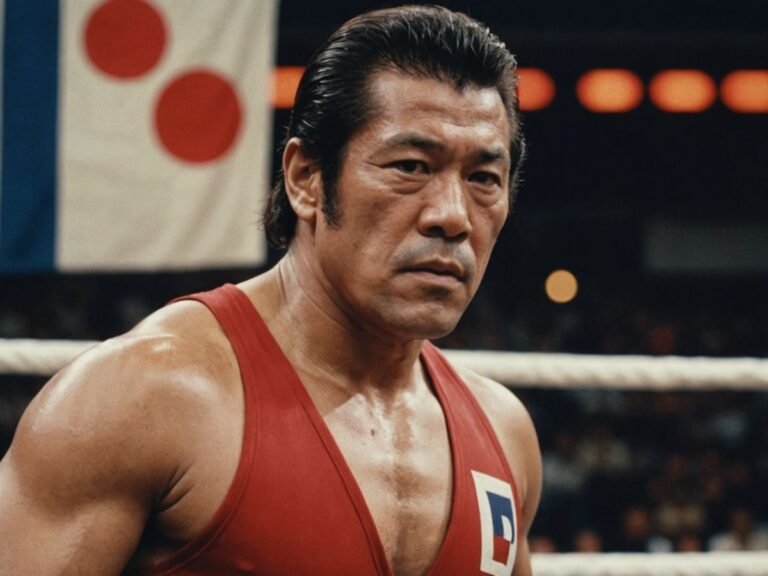Japan mourns the loss of Antonio Inoki, a towering figure in professional wrestling who later transitioned into politics and diplomacy. Inoki, who passed away at 79, left an indelible mark on sports and international relations, particularly through his efforts to mediate between Japan and North Korea.
Key Takeaways
- Antonio Inoki was a professional wrestling star in Japan during the 1960s.
- He gained global fame in 1976 for his match against Muhammad Ali.
- Inoki transitioned into politics in 1989, winning a seat in Japan’s upper house.
- He played a significant role in diplomatic efforts, particularly with Iraq and North Korea.
Early Life and Wrestling Career
Antonio Inoki was born in Yokohama, Japan, and moved to Brazil with his family at the age of 14. He was a star high school athlete before being recruited by Rikidozan, a former sumo wrestler who had become a pro wrestling icon in Japan. Inoki trained rigorously under Rikidozan, enduring harsh and often cruel methods.
Inoki’s wrestling career took off in the 1960s, and he gained international fame in 1976 when he faced Muhammad Ali in a highly publicized wrestling versus boxing match. Although the match ended in a draw, it was a pioneering event in the realm of mixed martial arts.
Political Career
In 1989, Inoki entered politics, winning a seat in the upper house of Japan’s parliament. He made headlines with his high-profile visits to Iraq before the 1991 Gulf War, negotiating the release of Japanese hostages. Inoki also made several trips to North Korea, fostering close ties with its leadership and acting as a backdoor conduit between Tokyo and Pyongyang.
Diplomatic Efforts
Inoki’s diplomatic endeavors were not limited to Iraq and North Korea. In 1995, he organized a two-day wrestling event in Pyongyang to mark the 50th anniversary of the end of World War II. The event featured American and Japanese wrestlers and was attended by Muhammad Ali, symbolizing a gesture of peace and reconciliation.
Personal Life and Legacy
Inoki was married four times and had a daughter with his first wife, actress Mitsuko Baisho. He also made appearances in films, including a Hollywood movie and a Japanese film. Despite facing allegations of financial misconduct, Inoki was reelected to Japan’s upper house in 2013 and served until 2019.
Antonio Inoki’s life was a blend of sports, politics, and diplomacy, making him one of the most significant figures in Japan’s postwar era.


